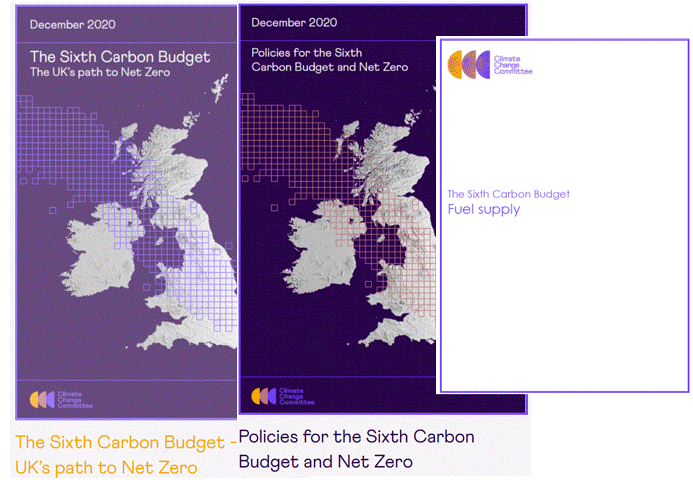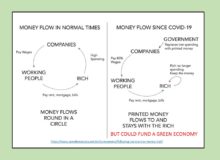TTIP: Transatlantic Trade and Investment Partnership
The encouragement of trade in fossil fuels (US imports into the EU) would make it more difficult to move to a low or zero carbon economy, particularly as efforts to reduce fossil fuel use would be vulnerable to legal action by multinationals.
TTIP, which is currently being negotiated between the EU and the US, despite a rising tide of popular objection, is a free-trade proposal which seeks to level out barriers to trade between the EU and the US. Multinational companies are supporters of TTIP, as they hope it will expand their profits. Many EU governments believe that more trade will create both jobs and profits.
The Friends of the Earth material is here (brief version) and here (more detailed version):
Trade negotiations are generally carried out without much publicity, and TTIP was intended to be no exception. However, certain political parties in Europe, including the Greens, have recognised that there are many aspects of TTIP which would adversely affect Europe. In particular, and especially concerning for HiCAN and Highgate Transition, the levelling of the playing field in the areas of environmental standards and the precautionary food safety principle would reduce EU standards to the lower US standard, and make it more difficult to improve the environment or deal with climate change. Similarly, the encouragement of trade in fossil fuels (US imports into the EU) would make it more difficult to move to a low or zero carbon economy. There are other threats to EU labour protection standards and possibly to the NHS.
There is also the Investor-State Dispute Settlement system (ISDS) which would allow international companies to sue democratically elected governments vi special courts outside national court systems if policies were introduced which jeopardised profits. This is likely to prevent governments from introducing measures to benefit their citizens for fear of enormous damage claims. Efforts to reduce fossil fuel use, for example, would be vulnerable to legal action by multinationals.
In other parts of the world where similar trade agreements and ISDS arrangements are already in place, governments are being sued for trying to protect their populations. In the completed case of Ethyl vs Canada, the chemical manufacturer Ethyl sued Canada using ISDS over the introduction of a ban on a toxic chemical, MMT (banned in the US). The settlement of the case saw Canada reverse the ban and agree on a US$13 million payment. On a bigger scale, using ISDS provisions, the Swedish company Vattenfall asked Germany for compensation totalling €1.4 billion when Hamburg imposed quality controls for waste waters from Vattenfall’s new power plant in the region, claiming that the new standards made the investment project unviable. The case was eventually settled when the City of Hamburg agreed to lower the environmental requirements previously set.
The scope of the TTIP proposals are huge, and frankly, the paperwork is deeply tedious. Many non-governmental organisations and environmental charities are working to stop TTIP being agreed, and have put explanatory material on the internet.
There are many electronic petitions against TTIP, the 38 degrees campaign can be found here.



